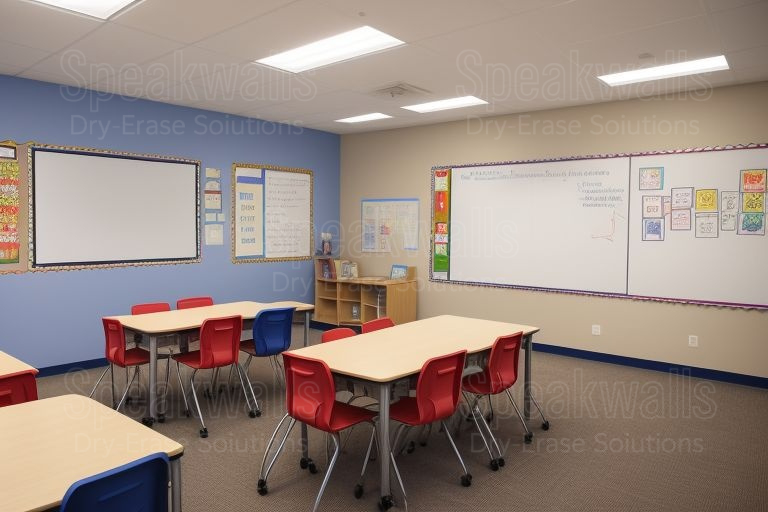Games aren’t just fun—they’re a great way for high schoolers to develop critical thinking skills. While it might seem like students are just playing, many games actually require them to analyze situations, make decisions, and solve problems—skills that are key to critical thinking.
Take strategy games, for example. Games like "Civilization" or "SimCity" require players to plan long-term, anticipate outcomes, and think several steps ahead. Players have to balance resources, manage crises, and adapt to changing situations, all while keeping their goals in mind. These kinds of games teach students to think critically about the consequences of their actions and make decisions based on logical reasoning rather than impulse.
Puzzle games also help students build problem-solving skills. Games like "Portal" or "The Witness" challenge players to think outside the box to solve complex puzzles. They teach students how to approach problems from different angles, persevere when stuck, and recognize patterns—skills that are directly transferable to academic tasks and real-life challenges.
Even multiplayer games can develop critical thinking by encouraging teamwork. In games like "Fortnite" or "Overwatch," students need to collaborate, strategize, and adjust plans on the fly. They learn to assess the strengths and weaknesses of both their team and opponents, making quick decisions under pressure.
By making critical thinking an interactive, engaging experience, games turn complex skills into fun challenges. It’s a hands-on way to develop these essential skills while having a blast.
